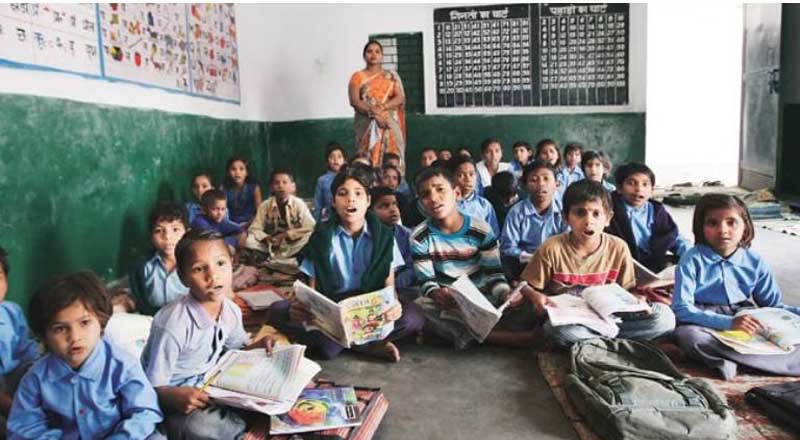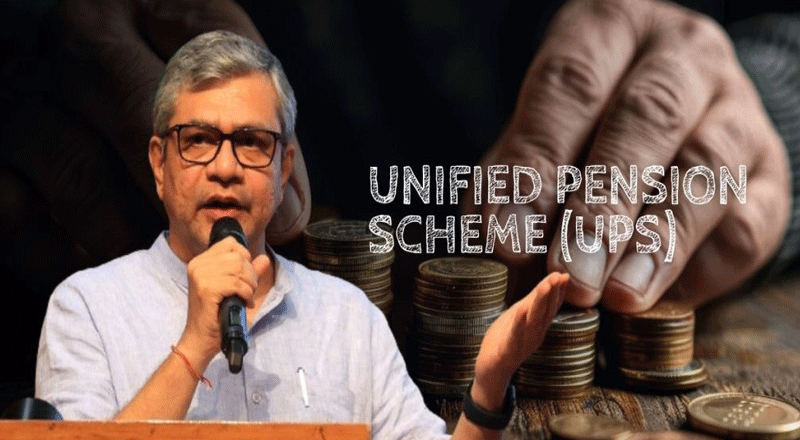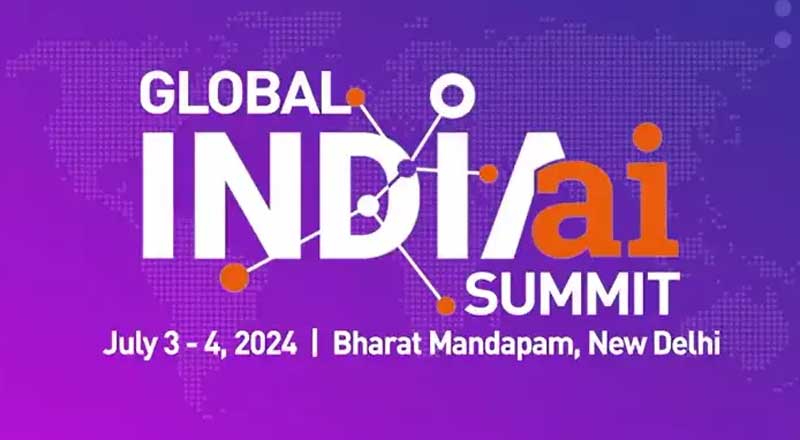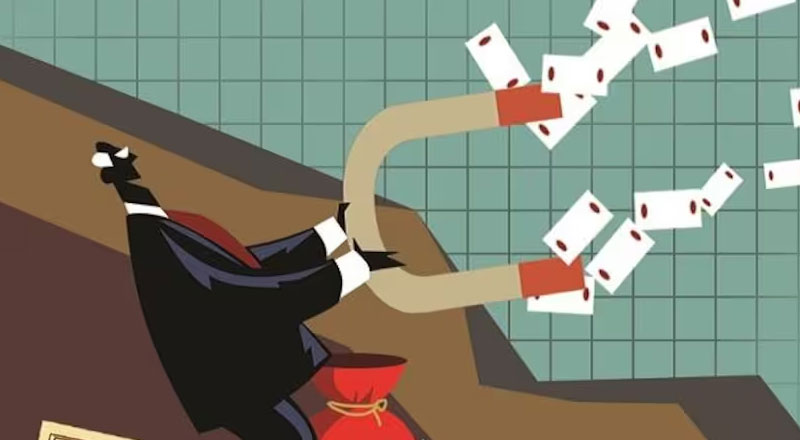Access to the internet can improve the quality of education. Despite multiple efforts, many students in schools in rural areas are deprived of the knowledge and opportunity provided through internet due to unavailability and lack of access to internet in the rural areas. Given that the majority of India’s population lives in rural and semi-urban areas, it only makes sense if the infusion of technology in education is done on a larger scale, and at the grass-root level, without dependency on the internet to achieve similar results, which internet would provide.
Identifying the need to provide regular connectivity without hindrance, the district of Ghaziabad, under the basic education department, has initiated the process to install Chhota Internet, an innovative Content Access Management Device (CAMD) for learning, in 197 of its upper primary schools. Bringing the unique technology offering of Chhota Internet to these schools will open doorways to information, knowledge and allow access to increased learning opportunities beyond the classroom digitally, and help promote the Digital India Initiative of the Honourable Prime Minister, Narendra Modi.
The implementation of Chhota Internet will help the children get access to buffer-free focused education content. It will also help to deliver quality educational material digitally, over a Wi-Fi network without the need of the internet, in a responsible manner. It will also allow the school authorities to monitor the progress of students individually, the results of which can then be used to develop programs that address learning gaps.
Digital literacy is a technology-in-the-classroom solution that helps find, evaluate, utilize, share, and create content using information technologies and the Internet. The benefits of digital literacy can be best harnessed in a controlled and responsible environment. Chhota Internet provides the school authorities to deliver learning solutions in a controlled and responsible manner.
It has the ability to revolutionize the traditional education system, and to address the challenges that rural India faces, such as access to quality content due to lack of internet penetration, shortage of quality teachers, and measurement of growth of children.
Sandeep Arya, Chairman & CEO, Chhota Internet commented, “The digital age has opened up newer dimensions to learning, which were previously unheard of. The twenty first century learning is more complex than ever before, and the current context of growth demands various skills from a student. Therefore, it is the need of the hour for us to use digital technology like Chhota Internet to provide more efficient ways of learning. As rural India prepares for a tectonic change in education with the launch of digital classrooms, we need to ensure consistent implementation of digital literacy on a large-scale to ensure quality education.”
“The vision of Chhota Internet is to bridge the gap between learning and growth and erase the educational divide, and more of this can happen when corporations direct their CSR funds to this cause instead of solely depending upon Government funding. Chhota Internet will achieve this by bringing students in rural India abreast with the rest of the world, in terms of providing access to a more advanced system of education that is loaded with the latest technological aids, paving the way for future growth via innovative technology.” he added.
In the last 5 years, the government has made several efforts to improve the quality of education in India, especially in the context of rural India. Though the literacy rate in rural India is far less than the urban areas, yet the pace with which the literacy rate is growing is commendable. While the efforts of the government steer education in rural India towards greater heights, there is a need to build-in efficiencies through innovative technology in the school and classroom environment to secure the future of our children.





